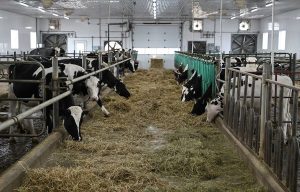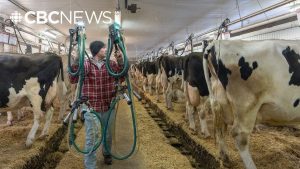
Bread bakers, chefs, and home cooks have noticed the room-temperature spreadability of butter is no longer what it was. Some have noticed that butter is firmer than it used to be.
The only thing that spread easier and faster than butter were the complaints about its consistency.
Dairy Farmers of Canada are listening to the concerns expressed by consumers in recent weeks and the possibility that palm livestock feed may be responsible.
“It was noted that Dairy Farmers of Canada (DFC) had previously announced the formation of a working group of experts to assess current scientific literature, identify gaps in information, and look into issues that have been raised by consumers,” DFC said in a release. “Academics from different relevant areas along with sector experts will come together shortly to begin the work. DFC will also seek the views of consumers as part of this exercise.”
However, DFC noted it’s crucial that decisions are made on a factual basis and that science guides our sector, hence the creation of a working group of experts.
University of Saskatchewan professor emeritus of animal and poultry science David Christensen said Canadian farmers have used palmitic acid products to increase milk fat production for about two decades.
Also, University of Guelph food science professor Alejandro Marangoni said, “while components of palm oil found in milk fat can affect the melting point of butter, there is no data to support the claims of hardening.”
Pending completion of this work, DFC is asking dairy farmers to consider alternatives to palm supplements.
In any event, DFC maintains that all milk produced in Canada is as safe as always to consume and is subject to Canada’s robust health and safety standards. We also note that all animal feeds used on dairy farms are approved by the Canadian Food Inspection Agency and are safe for animals.

























